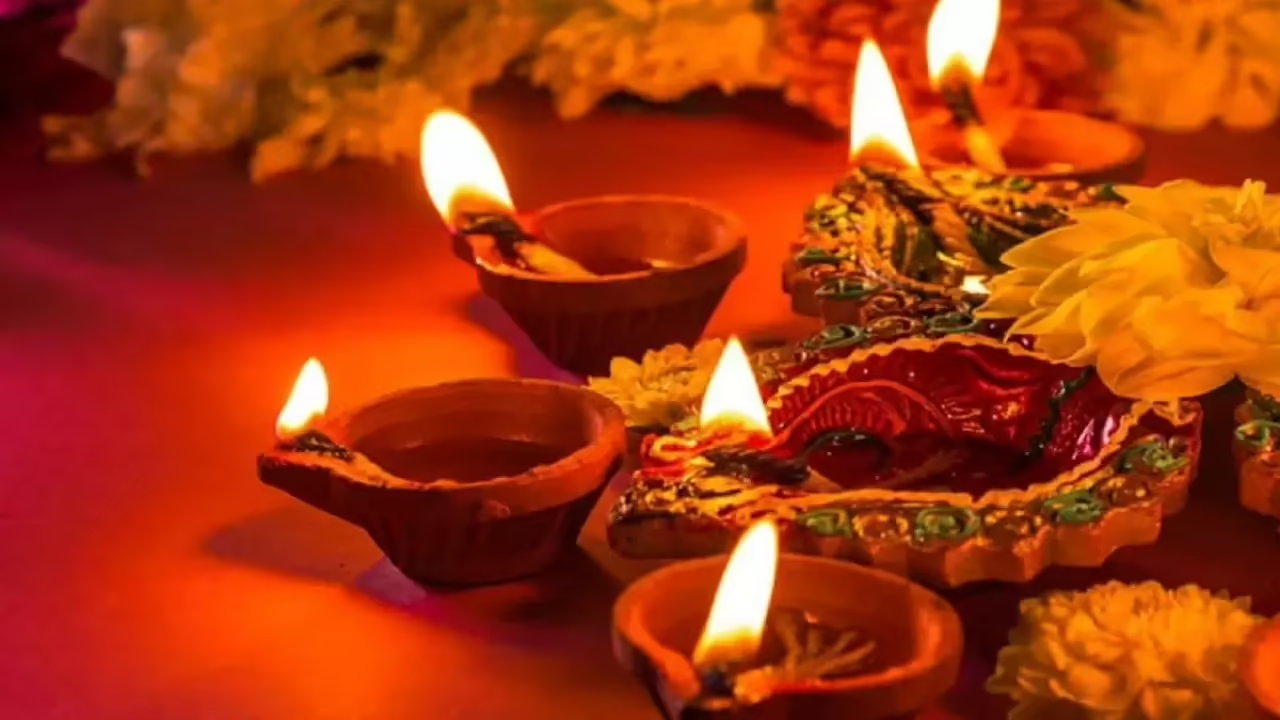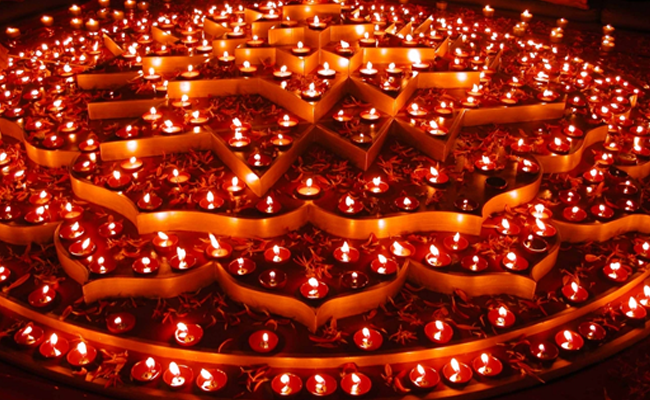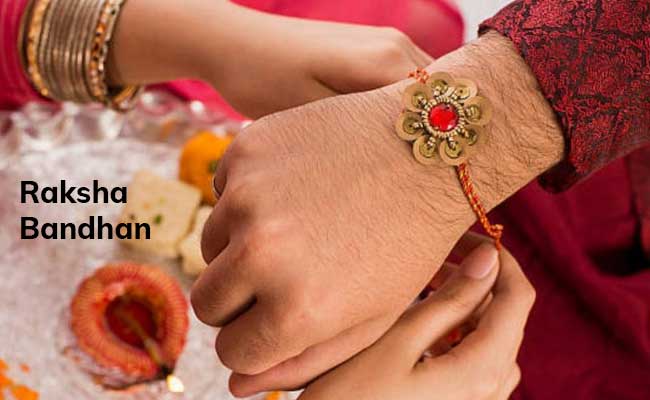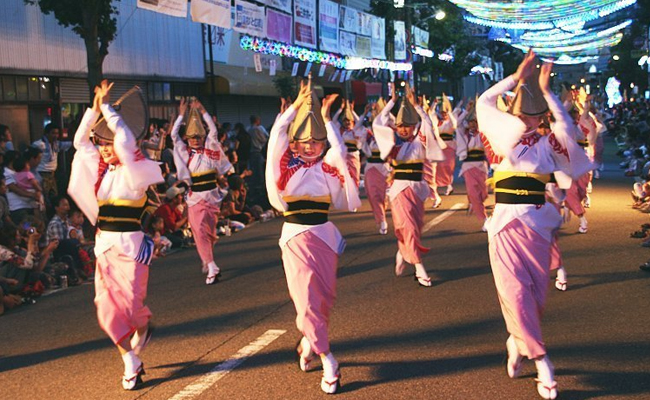Diwali Festival in India: Diwali, also known as Deepavali, is one of the most celebrated and vibrant festivals in India. Known as the “Festival of Lights,” Diwali symbolizes the victory of light over darkness and good over evil. Celebrated by millions of Hindus, Sikhs, Jains, and even Buddhists, Diwali holds immense cultural, spiritual, and social significance across the nation.
Historical and Mythological Significance
The origins of Diwali are rooted in Indian mythology. In northern India, it marks the return of Lord Rama to Ayodhya after defeating Ravana, the demon king, as described in the epic Ramayana. People lit lamps to welcome him home, symbolizing the triumph of good over evil. In southern India, Diwali celebrates Lord Krishna’s victory over Narakasura, while in western regions, it signifies the worship of Goddess Lakshmi, the goddess of wealth and prosperity.
Celebration Across India
Diwali is celebrated with grandeur throughout India, but each region has its own unique traditions. In North India, homes are cleaned and decorated with diyas (oil lamps), candles, and colorful rangoli designs. Fireworks illuminate the night sky as families exchange sweets and gifts. In Gujarat, it marks the start of the new financial year, and businessmen perform Lakshmi Puja for prosperity. In West Bengal, Diwali coincides with Kali Puja, dedicated to Goddess Kali. In South India, the festival begins with early morning rituals, oil baths, and bursting of crackers to mark Lord Krishna’s victory.
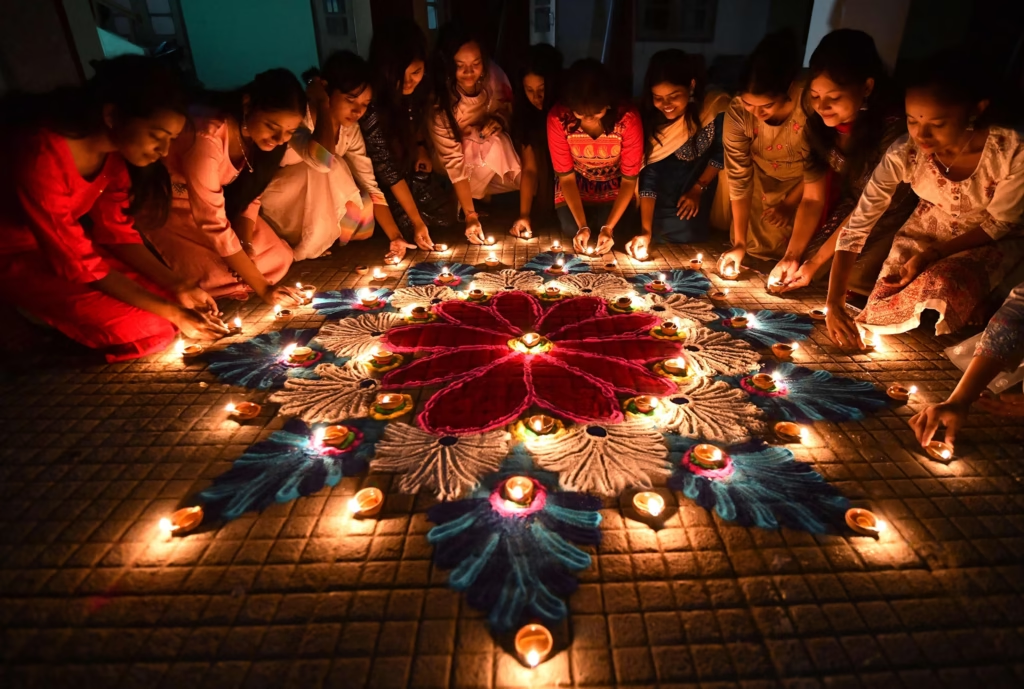
Spiritual and Cultural Importance
Beyond the celebrations, Diwali carries deep spiritual meaning. Lighting lamps signifies removing ignorance and welcoming knowledge. It encourages unity, positivity, and gratitude. Families gather to pray for happiness, wealth, and health, while communities come together in harmony and joy. The festival also promotes charity and sharing, reminding people to spread light in others’ lives.
Modern-Day Celebration
In modern times, Diwali continues to evolve while maintaining its traditional roots. Cities glow with electric lights and decorations, and eco-friendly celebrations are gaining popularity to reduce pollution. Despite modernization, the essence of Diwali remains the same — celebrating love, hope, and the triumph of light over darkness.
Diwali is more than just a festival; it’s a celebration of life, unity, and spirituality. Whether celebrated with grand fireworks or simple diyas, Diwali fills hearts with joy and homes with light, symbolizing a brighter and more prosperous future for all.
Basanta Utsav Holi in Shantiniketan
Ganesh Chaturthi in Mumbai, Maharashtra
Why Makkah is Important for Hajj
Event Management Website Design
![]()

